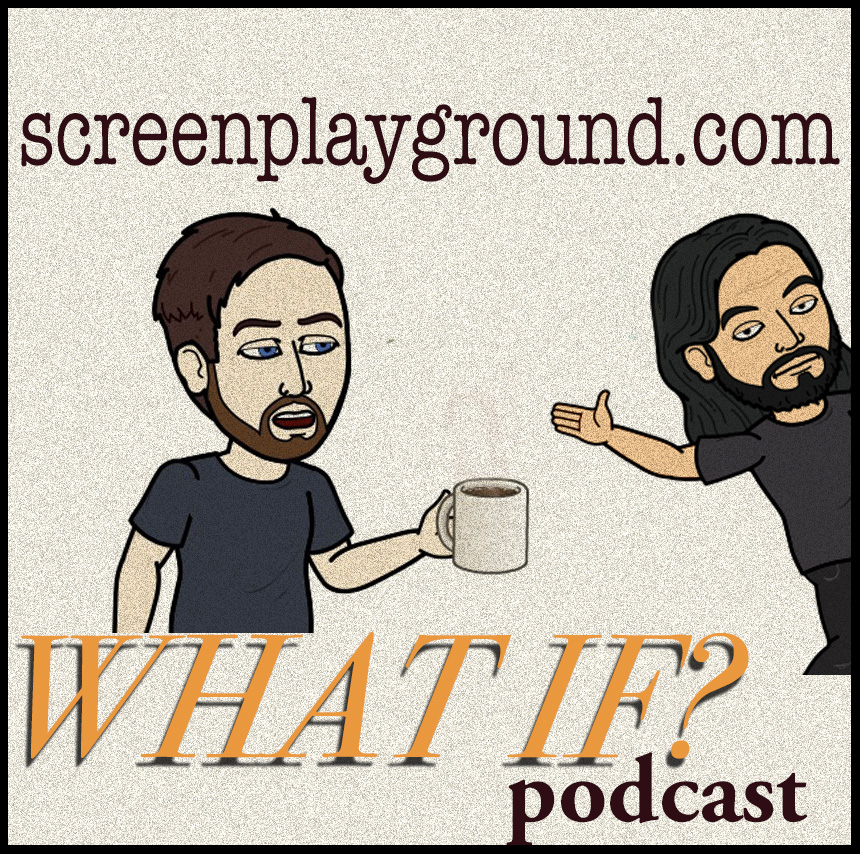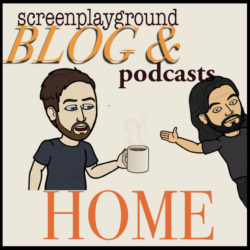
We’re BACK! What If? Wednesday! Once again Patrick Guera and Thomas Cunningham take a random dumb/weird/vague story idea and try to develop it into an idea for a movie. We “break the story” as they say in the industry.
In this one, we cast the beloved Paul Rudd as an assassin that is blackmailed into doing a job that he doesn’t want to do. The premise was a little more vague than usual so there was more to fill in. Consequently, this episode is longer than usual. Look at it this way, there was no What If? last Weds. so we’re making it up to you with a DOUBLE SIZE episode! Don’t worry. You’ll love it! PAUL RUDD is in it!
Let us know what you think and please subscribe, rate & review it on iTunes and/or your favorite podcast app. We’re on all of ’em. There’s also patreon.com/screenplayground if you wanna support the show & get early access and other incentives.
Podcast: Play in new window | Download

